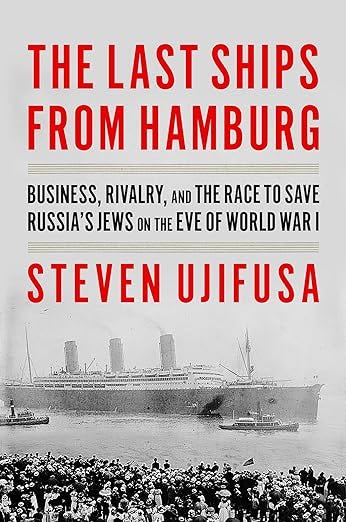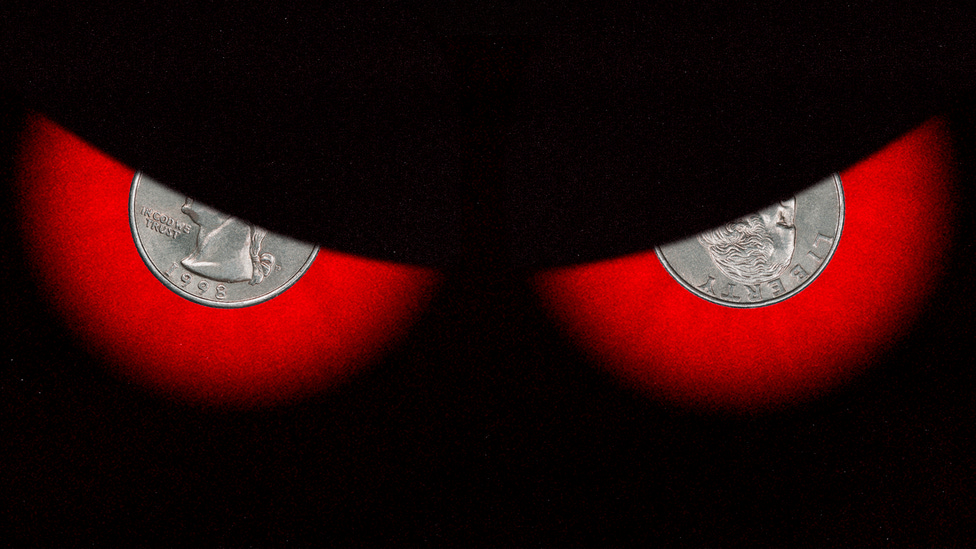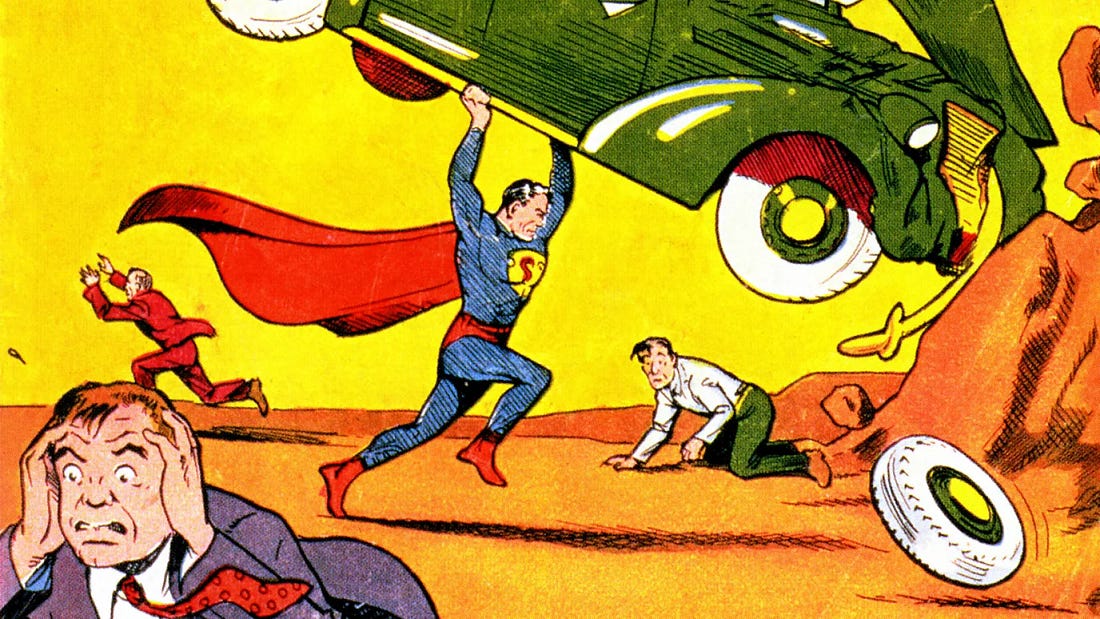Hello and welcome back to Five Things!
A few weeks ago my American father suggested I’d should read the book “The Last Ships from Hamburg” about Jewish immigrants to the USA and the business of the transatlantic shipping lines. It is a fantastic read, that taught me lots about Hamburg in the decades before World War I, about the shipping companies and they bankers backing them, like Max Warburg in Hamburg, Jacob Schiff in New York City, but also J.P. Morgan and his International Merchant Marine trust. Little did I know about the fate of Jews in Russia at that time and I also didn’t know how importat the port of Hamburg was for Jews to get out of Russia and over to New York City. I can highly recommend this book!
And just a side note: today Hapag-Lloyd is again a thriving shipping company, but just a little over a decade ago, the city of Hamburg needed to step in an acquire shares in the company to avert an unfriendly take-over. And since the COVID-19 pandemic, the yearly dividend payout for Hamburg is around a billion €, which is not too bad for the city’s finances. A great investment done by the former Mayor of Hamburg, Olaf Scholz.
I spent a few days last week driving down to Vienna to pick up our oldest daughter who just finished her studies there. I finally managed to cross off something from my bucket-list and went on a ride on the giant ferris wheel in Vienna. I had wanted to do this ever since I watched The Third Man with my mother some 40 years ago. I also went to see the movie with my daughter, which we both really enjoyed. The movie has been playing at this movie theater since March 1950, which is kind of cool.
Have a great Sunday and read these Five Things now!
Trump 2.0 is just getting started, yet it already represents the high-water mark of American kleptocracy. There are good reasons to think it will get much worse.
Virtually every week, the Trump family seems to find a new way to profit from the presidency. The Trump Organization has brokered a growing catalog of real-estate projects with autocratic regimes, including a Trump tower in Saudi Arabia, a Trump hotel in Oman, and a Trump golf club in Vietnam. “We’re the hottest brand in the world right now,” Eric Trump recently proclaimed. In May, Qatar gave the White House a $400 million jet—a gift that looked a lot like a bribe but that Trump had no qualms accepting.
Trump acts like an absolutist monarch. Hopefully this ends soon.
(…continue reading.)
Why, after nearly two years, has the war yet to reach a definitive conclusion? Why did Israel frequently turn away chances for de-escalation, instead expanding its military ambitions to Lebanon, to Syria and now to Iran? Why has the war dragged on, even as the leadership of Hamas was decapitated and more Israelis called for a cease-fire? For many Israelis, the war’s protraction is mainly the fault of Hamas, which has refused to surrender despite Palestinians’ suffering unfathomable losses. Most Israelis also see the war’s expansion to Lebanon and Iran as an essential act of self-defense against allies of Hamas that also seek Israel’s destruction. But many increasingly believe that Israel could have struck an earlier deal to end the war, and they charge Netanyahu — who wields ultimate authority over Israel’s military strategy — with preventing that deal from being reached.
Hamas has to release all the hostages. And Netanyahu has to go.
(…continue reading.)
If you’ve ever been personally victimized by the need to publish or perish, you can blame one man, and his name was Gerlach Adolph von Münchhausen. As prime minister of Hanover, Münchhausen was the sponsor of Göttingen university, and probably the single person most responsible for introducing a new criterion for academic advancement: the publication record.
Münchhausen insisted that Göttingen professors write, but he was less interested in what exactly they wrote. They might produce traditional academic dissertations, but textbooks were just as good. Best of all was contributing to journals, like their own Göttinger gelehrte Anzeigen. The GGA, like most mid-18th century German publications, was somewhere between a book review journal and a collection of summaries of everything the editors considered noteworthy from the past year. It wasn’t always original, and it wasn’t trying to be.
I actually didn’t know this about my alma mater, even though I studied History and Political Science some 30 years ago at the University of Göttingen.
(…continue reading.)
Before their dives, the athletes float in a queue, hanging on buoys while they wait their turn. Each day of the competition, Burnett floated alone, coachless and nervous. Many divers bring equipment with them into the water, floating with pool noodles and even neck pillows to relax, but Burnett had only a snorkel. On her second dive, she attempted to reach 63 meters. She had been using a technique called mouthfill to equalize the pressure in her eardrums as she descended, holding air in her mouth and nasal cavity and maneuvering that air into her inner ear as she sank. “I had my mouthfill, but then it was so cold. I tensed a little and it was gone,” she says. She compares crossing the thermocline to “having a bucket of ice thrown in your face.” She aborted her dive early, earning a penalty.
This is pretty impressive. Not just free diving, but also getting started at the age of 40 and then immeadiaetly competing on a world-level.
(…continue reading.)
The first Superman strips were written by Jerry Siegel, drawn by Joe Shuster, and published in Action Comics magazine in 1938 by DC (or National Allied, as the company was then called). And in those, he was a far more unruly, and in some ways far more modern character. He was "a head-bashing Superman who took no prisoners, who made his own law and enforced it with his fists, who gleefully intimidated his foes with a wicked grin and a baleful glare", says Mark Waid, a comics writer and historian, in his introduction to a volume of classic Action Comics reprints. "He was no super-cop. He was a super-anarchist." If this rowdy and rebellious Superman were introduced today, he'd be hailed as one of the most subversive superheroes around.
Ha, now I know why I always likes Superman!
(…continue reading.)
That’s it. Have a great Sunday! If you missed last Sunday’s edition of Five Things, have a look here:
— Nico







